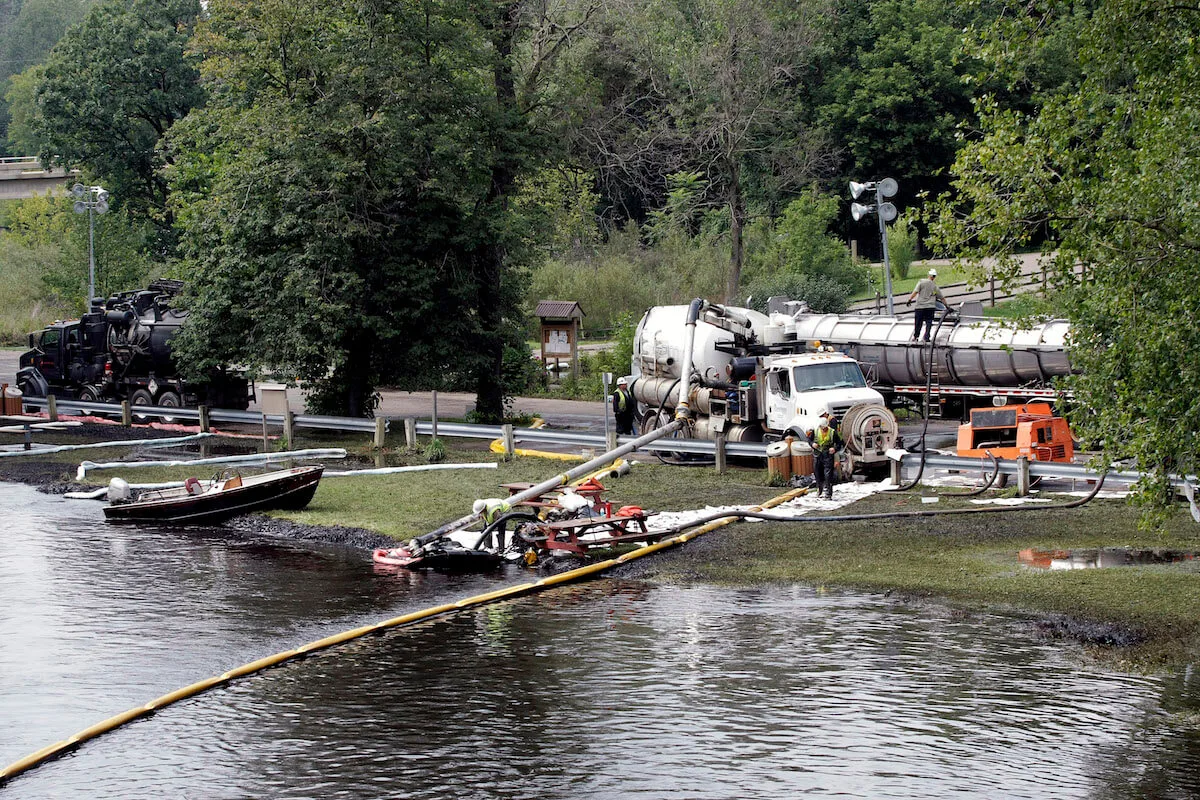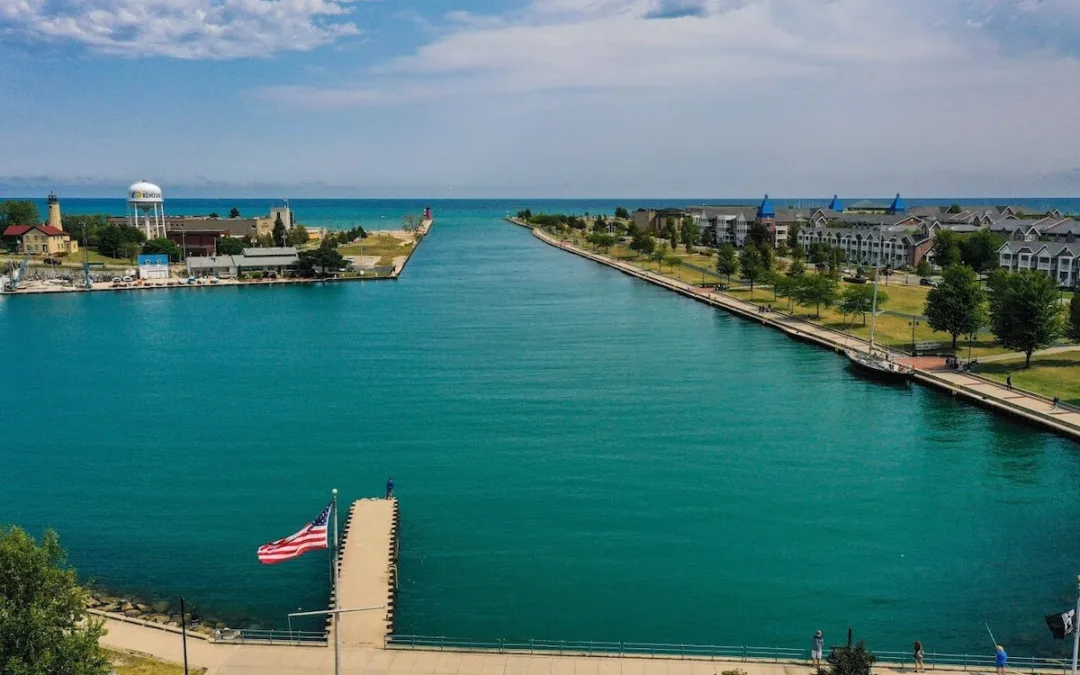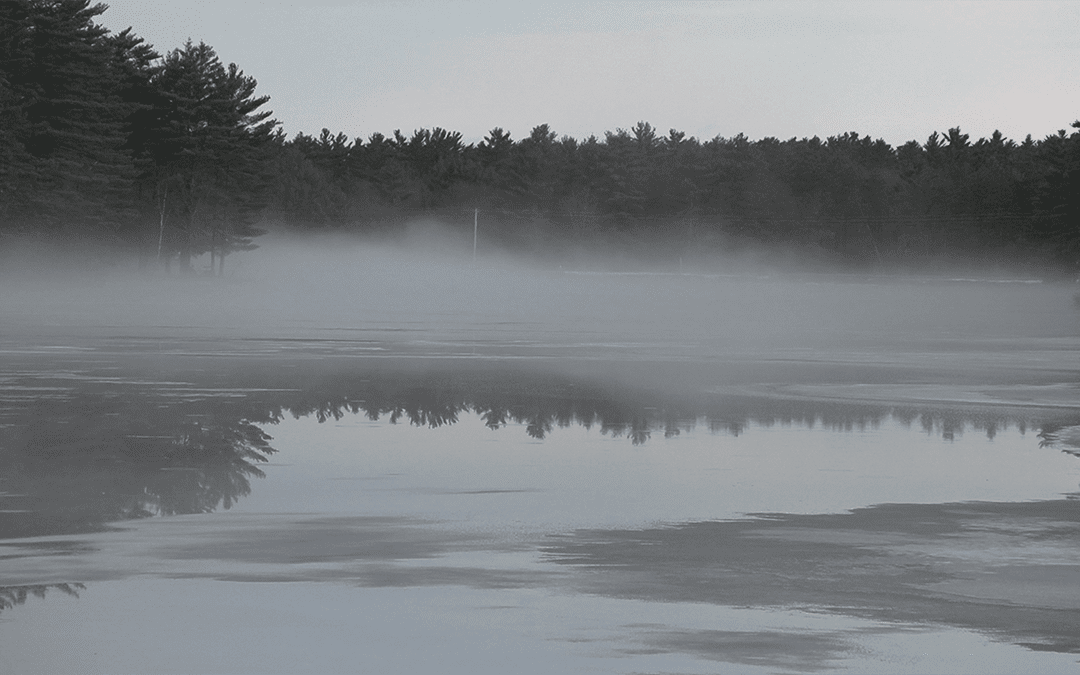
#image_title
#image_title
Line would run south of Bad River Tribal Land. New pro-energy group announces its existence to support the project.
As Paul DeMain travels past the scenic woods and waterways that make up much of northern Wisconsin, he is often reminded why he and others choose to live there.
“For most of us, it’s not because of the jobs or the money,” said the 65-year-old DeMain, who lives on the Lac Courte Oreilles reservation near Hayward and is board chairman Honor the Earth, an environmental organization. “It’s because of our pristine natural surroundings. The environment here means everything to us.”
The environment in the region, DeMain and others said, would be placed at further risk by a proposed rerouting of Enbridge Line 5, a pipeline that carries oil and natural gas from Superior through northern Wisconsin to its end point in Sarnia, Ontario.
The proposed new section of pipeline–one of several operated by Canada-based Enbridge that carries oil through the northern part of the state–would go south of its existing path through the Bad River Native American reservation just east of Ashland.
Efforts to move forward with the pipeline reroute project received new energy Tuesday with the announcement of the formation of the Wisconsin Jobs & Energy Coalition to promote the Line 5 project and other energy-related initiatives across the state. The group is composed of private-sector business organizations and labor unions whose workers would benefit from pipeline construction. It is reminiscent of the controversial Keystone pipeline that also pitted two traditionally Democratic-leaning interests—environmentalists and unions—against each other.
During a news conference in Ashland to announce the new group, supporters of the reroute effort said it would provide much-needed jobs in a region where these kinds of opportunities are relatively scarce, especially amid ongoing economic challenges caused by the coronavirus pandemic.
A news release about the project from the coalition said the Line 5 project would provide more than 700 jobs and would help ensure “safe, affordable, and reliable energy.” Line 5 carries up to 540,000 barrels of natural gas liquids and crude oil daily.
“This is going to create hundreds of jobs, good-paying jobs,” said Andrew Campeau, business manager for the Plumbers, Pipefitters, and Steamfitters Services Techs Union, United Association Local 11, who co-chairs the coalition with Ashland-area businessman, Jackson Kysar.
The controversial rerouting plan was prompted by the Bad River tribe’s decision against renewing the company’s easements through its land because of concerns about its possible impact on the surrounding watershed, which flows into Lake Superior.
The tribe filed a lawsuit in summer 2019 seeking the halting of pumping oil there, along with the removal of the existing pipe and financial reparations. The tribe has noted numerous leaks along the line and points to a severe leak from a burst Enbridge pipe in Marshall, Michigan, that caused significant environmental damage among reasons for its legal action.
In response, Enbridge has proposed building a new 42-mile pipeline south of the reservation, replacing the existing 12-mile line that traverses the Bad River tribe’s land. The company has purchased a significant amount of property to make that possible and has submitted project plans to the state Department of Natural Resources for approval.
No timeline has been established for the alternate pipeline, which still must meet multiple conditions intended to protect the environment before it could proceed, Enbridge officials said.
Campeau and Kysar acknowledged controversy surrounding the Line 5 project and economic concerns with that effort and the existing pipeline. However, new technologies allow for making a safer, more durable replacement pipeline, they said.
The new pipeline would undergo rigorous testing to ensure it is as safe from leaks as possible, Kysar said, and the proposal must pass “stringent regulations” to garner state approval. The pipeline transmits a high-pressure mix of tar sands and chemicals designed to make flow of the substance easier.
“We can have a pipeline and still ensure that the environment will be protected,” he said.
Campeau said he and others who support the pipeline proposal also care about the natural beauty of the place they call home. He said he frequently enjoys spending time on Lake Superior, enjoying the setting.
Pipeline opponents and environmental organizations said Enbridge’s track record is cause for concern. They cite a July, 2010 oil spill in Michigan in which 843,000 gallons of crude oil leaked into the Kalamazoo River. It remains the largest inland oil spill in US history A federal investigation determined Enbridge officials had known the 41-year-old pipeline was unstable.
In addition, people tracking the existing Line 5 said it has numerous leaks, a sign of an aging pipeline that has seen its better days.
While the Line 5 reroute would create jobs during construction of the pipeline, those positions would be temporary and would cease when the structure was built, Rob Lee, an attorney with Midwest Environmental Advocates, said in a statement to UpNorthNews.
“Wisconsinites are overwhelmingly opposed to this project because the significant long-term environmental and public health risks of the project far outweigh any possible benefits,” Lee said.
Demain, who for years operated the News from Indian Country independent newspaper before retiring last year, said time spent researching the pipeline has convinced him of its perils. He spends his retirement as an activist for various causes, including for the environment where he lives.
With the rerouted pipeline planned to be south of the section it would replace, and with water flowing north to Lake Superior, an even larger watershed would be impacted by any possible future oil leaks, he said.
“History shows us that no matter the promises, no matter the technology and the engineering, it’s not a matter of if but when these pipelines are going to leak,” DeMain said.
Politics

Biden makes 4 million more workers eligible for overtime pay
The Biden administration announced a new rule Tuesday to expand overtime pay for around 4 million lower-paid salaried employees nationwide. The...

Biden administration bans noncompete clauses for workers
The Federal Trade Commission (FTC) voted on Tuesday to ban noncompete agreements—those pesky clauses that employers often force their workers to...
Local News

Readers Poll: Top Bowling Alleys in Wisconsin
Looking for the best bowling in Wisconsin? Look no further! Our readers have spoken in our recent poll, and we have the inside scoop on the top...

8 Wisconsin restaurants Top Chef judges are raving about
Top Chef’s 21st season is all about Wisconsin, and on-screen, it’s already apparent that the judges feel right at home here. But, while filming in...



